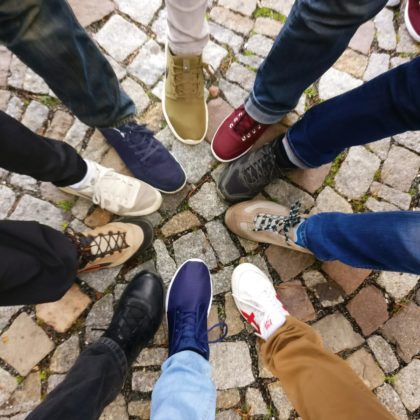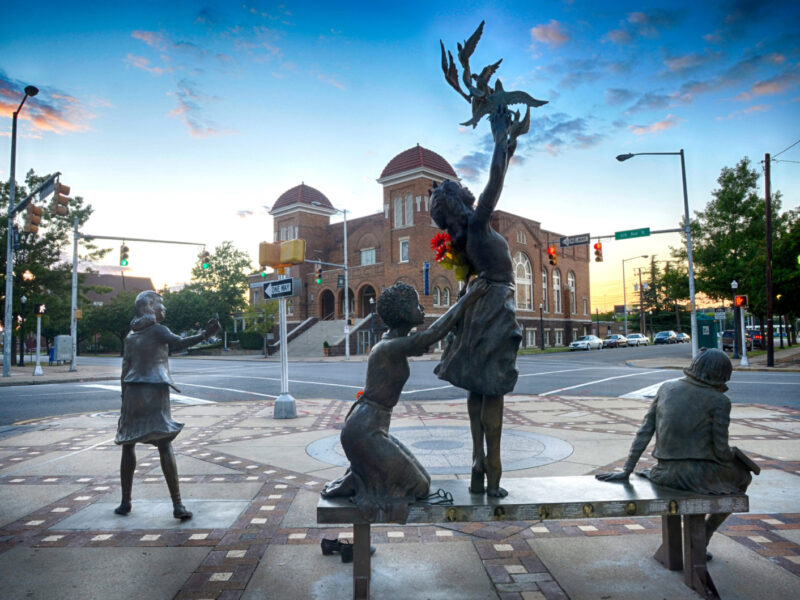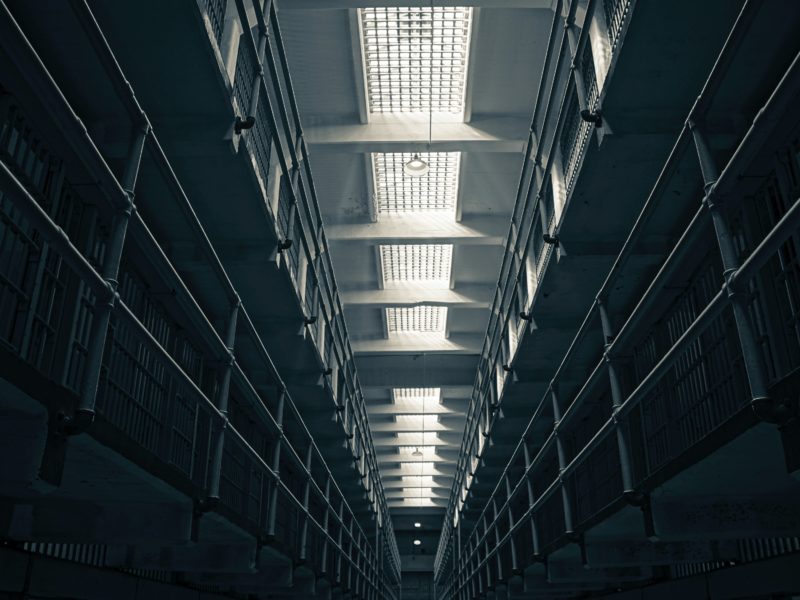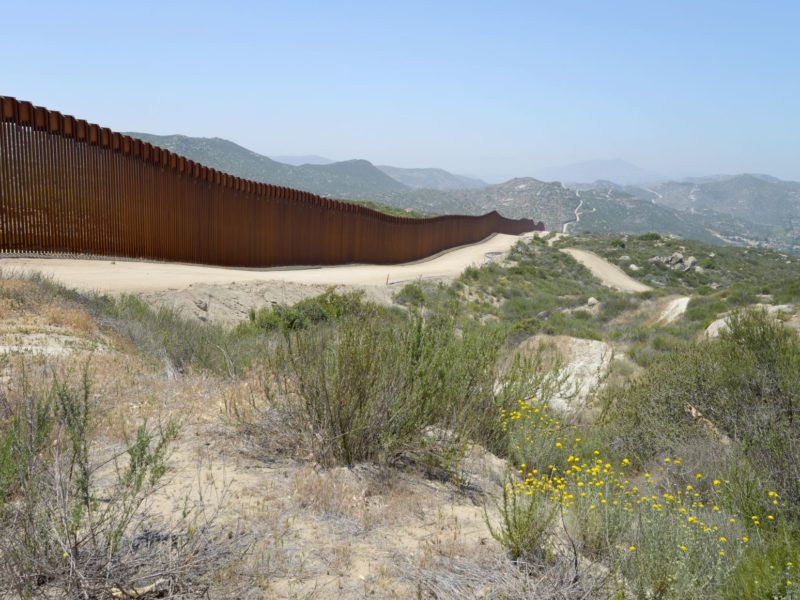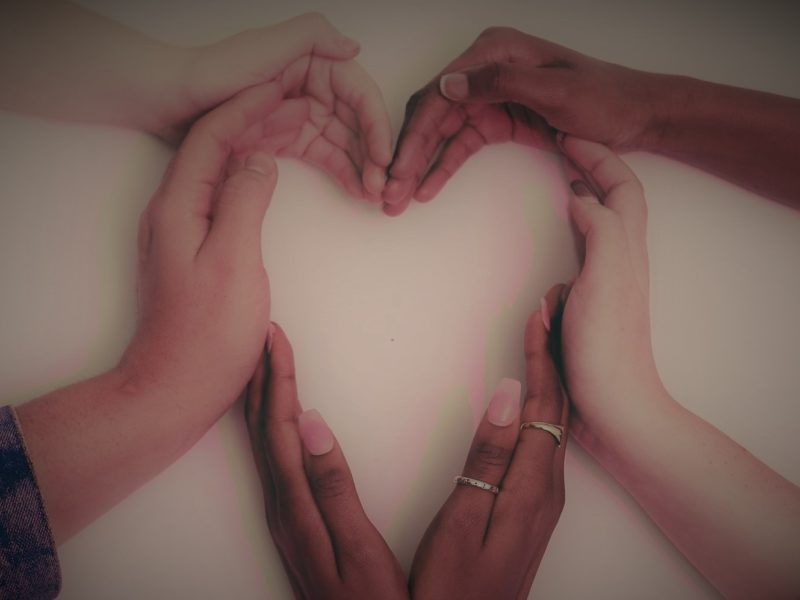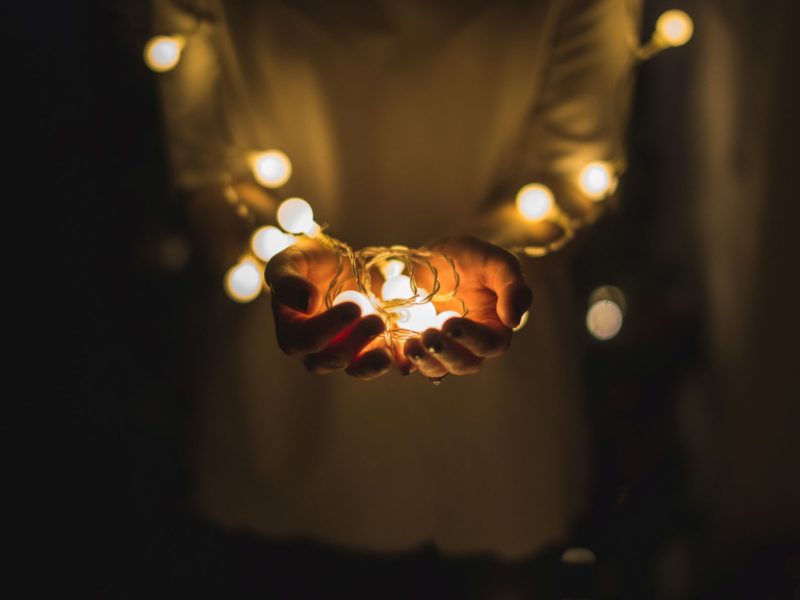Like many of us in the wake of the police murders of George Floyd and Breonna Taylor in 2020, the First Congregational Church of Long Beach felt it imperative that we interrogate the ways in which predominately white churches like ours participate in, and benefit from, the oppression of people of color. A common and understandable response to police violence and systemic racism among white liberal churchgoers is to read a book, take an implicit bias training, organize a task force to study the problem. Certainly we did some of those things at First Church, digging into Isabel Wilkerson’s book Caste: The Origins of Our Discontents and creating an Anti-Racism Coalition (ARC) to bring racial justice issues to the awareness of the wider congregation. There’s undeniable spiritual value to soul-searching and self-reflection… and, at First Church, we also strive to recognize that “faith without works is dead” (James 2:20). Our faith in a liberating, incarnate God calls us to change not only the cultural but also the material conditions that deal death to so many of God’s children.
That’s why members of our Board of Social Justice and ARC became involved with the People’s Budget Proposal. In the wake of calls to defund the police, Long Beach’s proposed budget for 2022 actually increased police funding to the tune of $262 million – almost two-thirds of the City’s general fund. The People’s Budget Proposal offers an alternative, participatory vision of city finances that places the needs of working people of all races and genders at the center, where tens of millions that currently go to racist, militarized policing would instead be funneled to community safety initiatives, affordable housing, education, and programs of social uplift for one of the most racially diverse communities in America. First Churchers’ participation in the People’s Budget process has been one attempt to “put our money where our mouth is” and leverage our landmark status in Long Beach as a practice of solidarity with our neighbors of color. We recognize that we have a long way to go on the road to racial justice at First Church, but we pray that we might “walk by faith and not by sight” (2 Cor. 5:7) and grow in our commitment to God’s Kin-dom of abundant life for all Creation.
Rev. Tom Emanuel, First Congregational Church of Long Beach, CA
Questions for Reflection
- What makes for meaningful solidarity?
- What privileges do you hold? How might you leverage and work to dismantle them in the service of racial justice?
- What kind of programs do you imagine your community could use to cultivate safety beyond policing?
Prayer
Jesus, our Beloved Companion, we rejoice in the practices of solidarity you have incarnated in our midst. From table fellowship to foot washing, from healing touch to turning tables, you teach us what it means to be for and with one another. Open our hearts to our kin, that we may lean more fully into each opportunity to be the Body of Christ together. Amen.
SHARE THIS STORY
